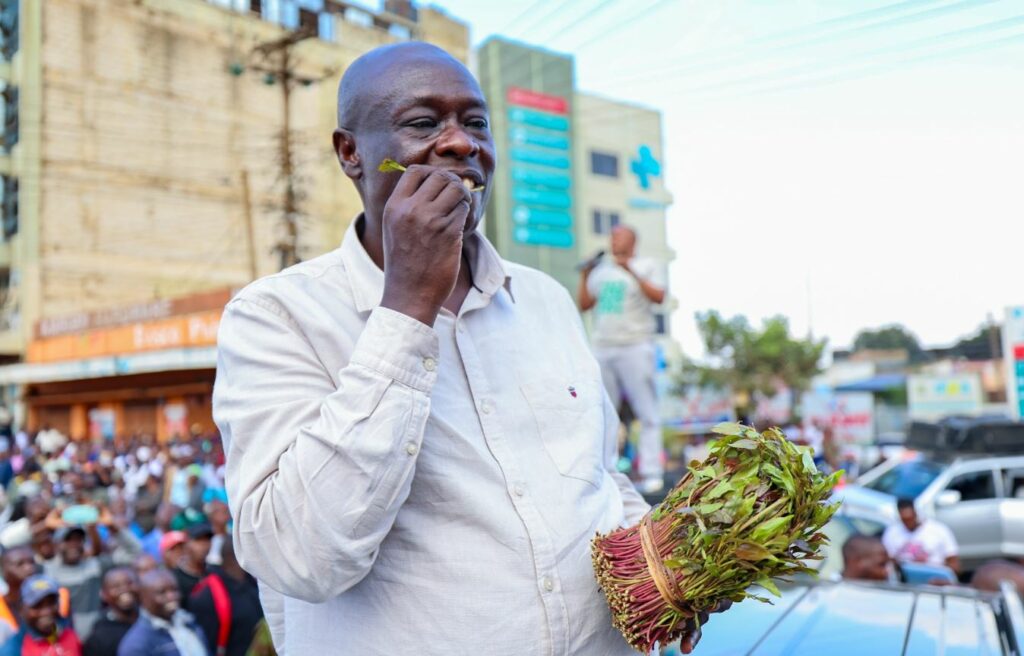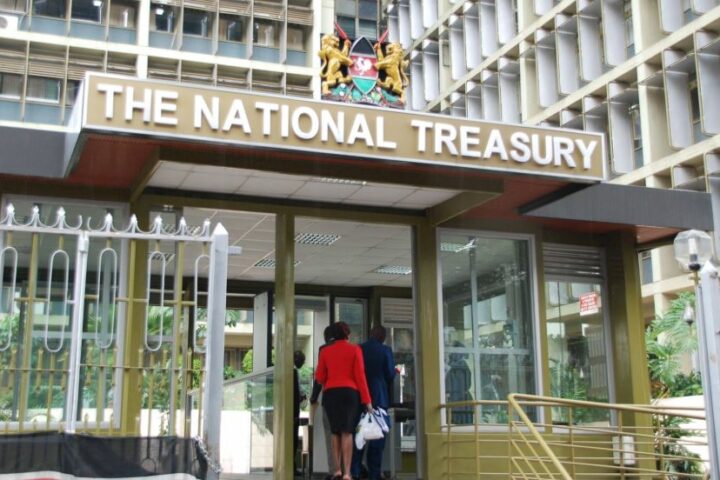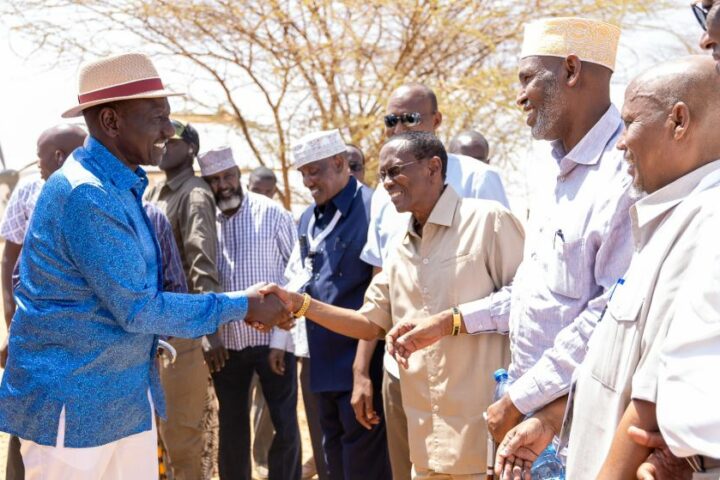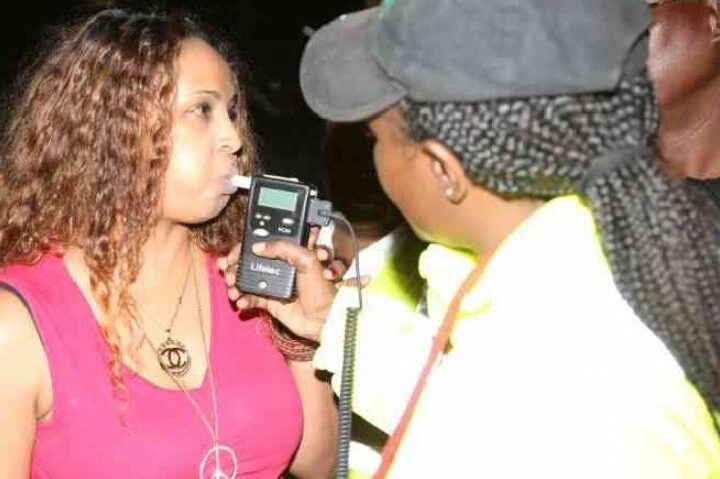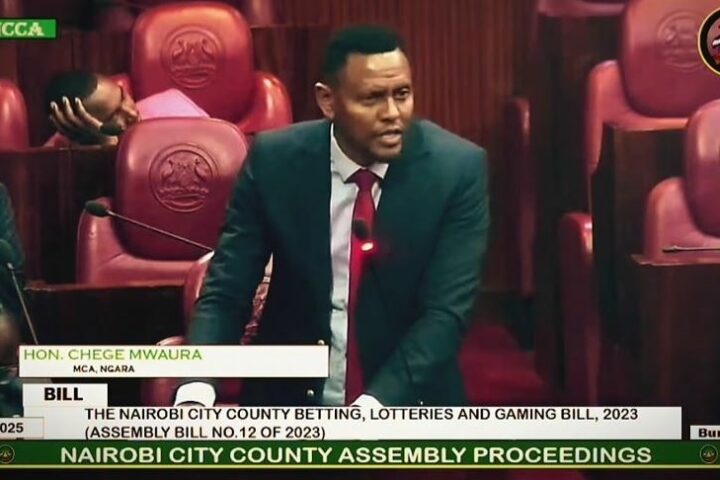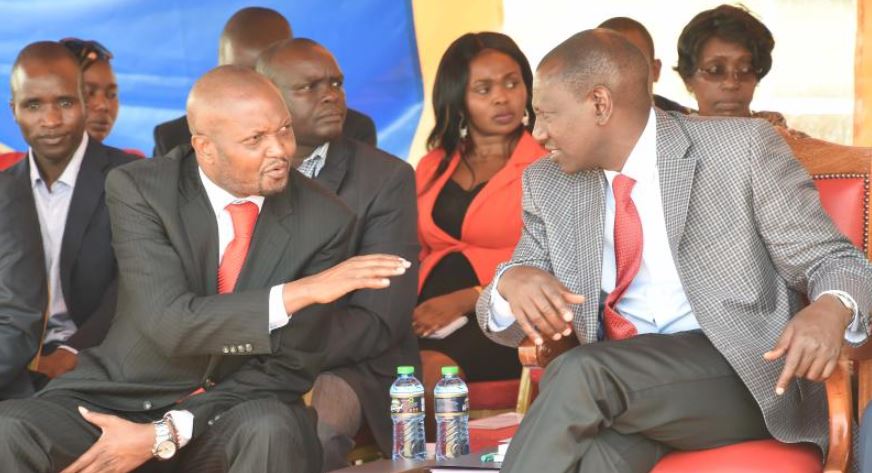 Mobile money transactions, including Pay Bill payments, will soon be classified as virtual electronic tax receipt systems, the government has confirmed.
Mobile money transactions, including Pay Bill payments, will soon be classified as virtual electronic tax receipt systems, the government has confirmed.
Senior Government Advisor Moses Kuria announced that by December 25, 2024, these transactions will be linked to the Kenya Revenue Authority (KRA) in a move aimed at broadening the tax base.
Kuria explained that the initiative addresses the significant gap between registered Electronic Tax Registers (ETRs) and the potential tax collection points. “By Christmas 2024, all Pay Bills will function as virtual ETRs for KRA,” he stated.
The government will leverage over 2 million digital payment touchpoints across Kenya, accessed through banks and telecommunications companies. Kuria confirmed that KRA is fully aligned with the plan, which will significantly enhance tax monitoring and collection efforts.
“With the necessary infrastructure and intent in place, we’re ready to roll out Pay Bills and till numbers as part of this system. Currently, only 200,000 individuals have VAT-compliant devices like ETRs,” Kuria noted.
He highlighted the vast potential for digital tax collection, given that mobile money transactions through banks and telcos offer 10 times the number of digital touchpoints than KRA’s registered ETRs.
“When you combine all the mobile money transactions through banks and telcos, we have 2 million digital touchpoints—ten times the number of ETRs at KRA. This highlights the vast potential Kenya has to expedite the collection of digital tax.”
Kuria further argued that while the digitization of payments has been a significant challenge in other countries, even Kenya’s uneducated population has successfully adapted.
“We have decided that there will be nowhere to hide for anybody. We already have a major advantage due to the widespread digitization of payments,” he said.
The former Trade Cabinet Secretary added, “Kenya is the only country where someone who has never gone to school or cannot construct a sentence in English can make digital payments through Mpesa.”

